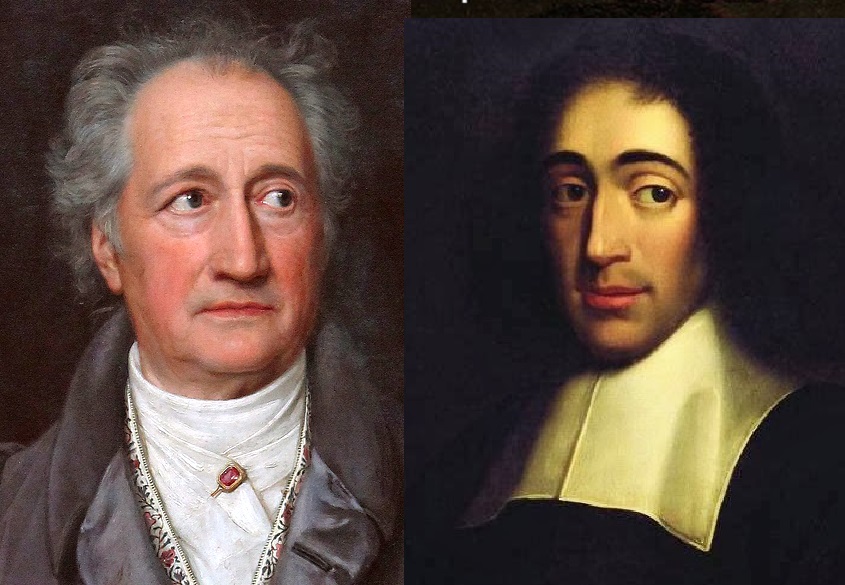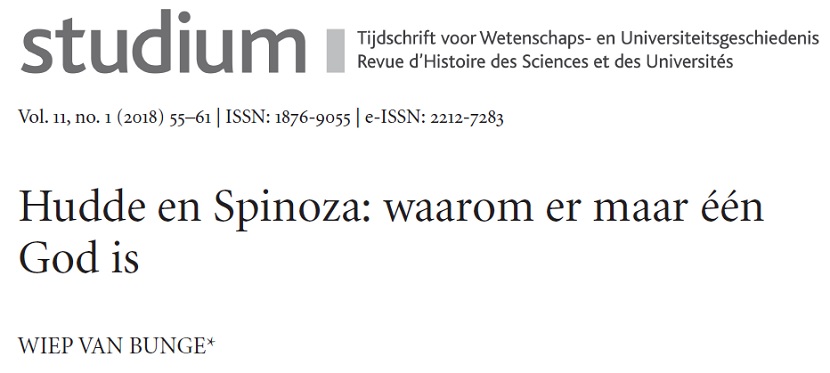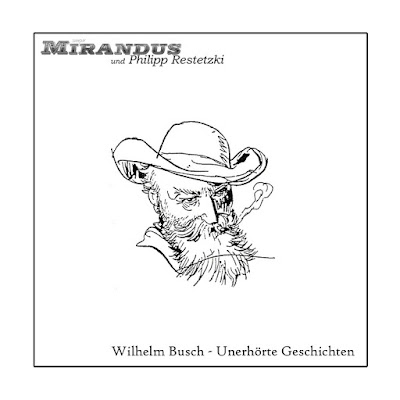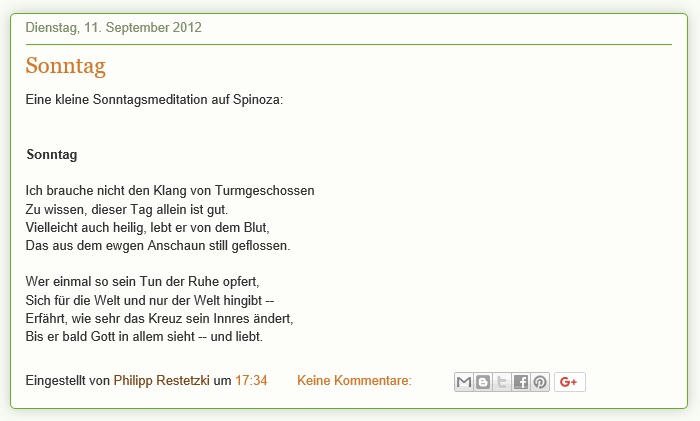
 |
| Philipp Restetzki |
Philipp
Restetzki studeerde Germanistik & Philosophie aan de Universität Tübingen; hij
promoveerde vervolgens op zij dissertatie „Goethe und Spinoza“ aan de
Johannes-Gutenberg-Universität Mainz. Hij woont in Görlitz en werkt momenteel
in Weißwasser als Gymnasiallehrer voor Duits en Ethiek.
A.s.
dinsdag spreekt hij voor de Goethe-Gesellschaft in Gotha in het Gymnasium
Ernestinum (weer eens) over: “Der
Philosoph, dem ich zumeist vertraue“ – over: “Goethes Verhältnis zum
jüdischen Philosophen Baruch de Spinoza umfasst beinahe das gesamte Leben des
Dichters.”
Der
Vortrag zeigt anhand von ausgewählten Dokumenten Goethes Faszination für
Spinoza. Danach soll anhand zweier Szenen aus „Faust“ dessen Einfluss auf
Goethes literarisches Wirken nachgewiesen werden. [Cf. ]








